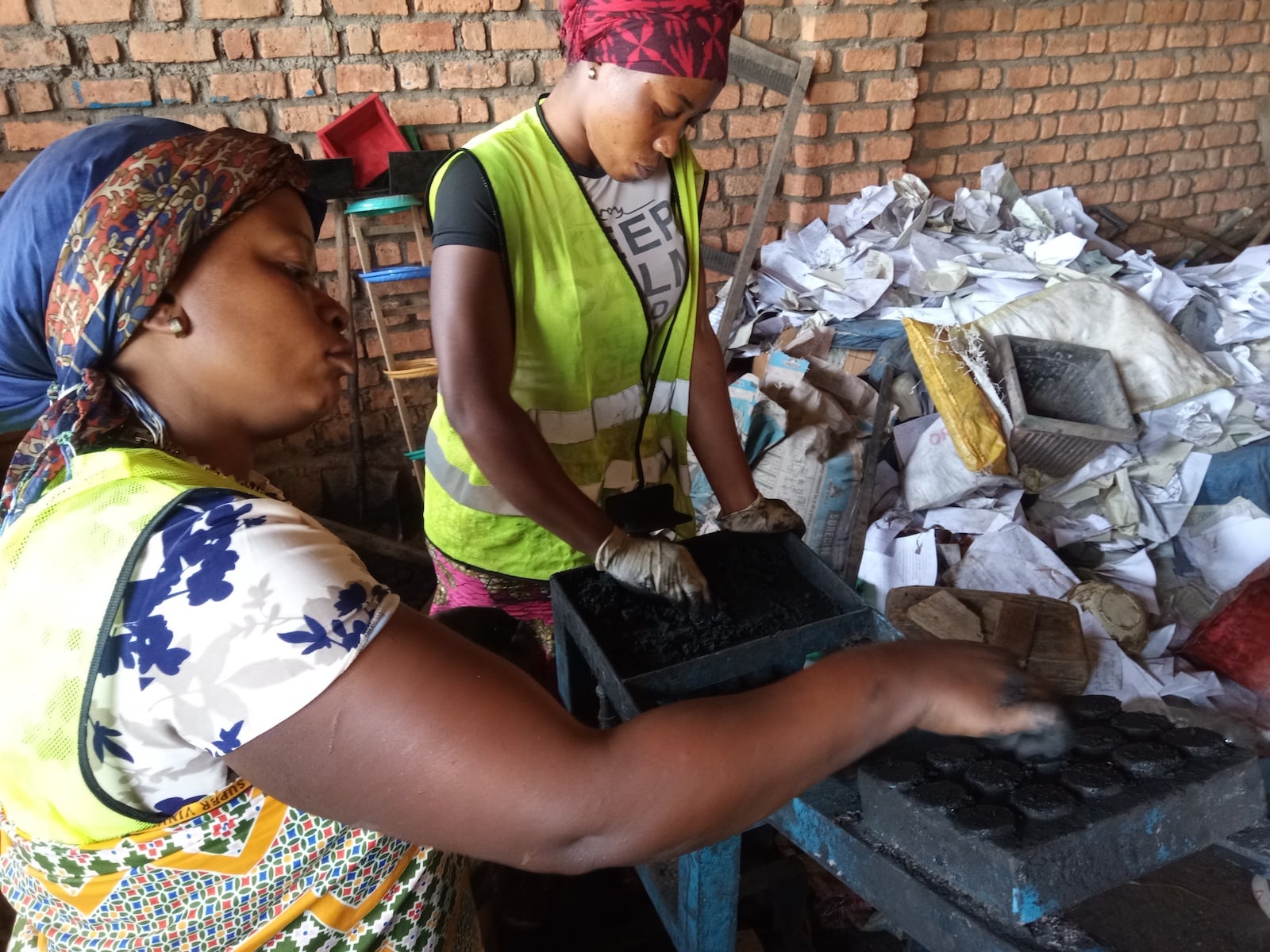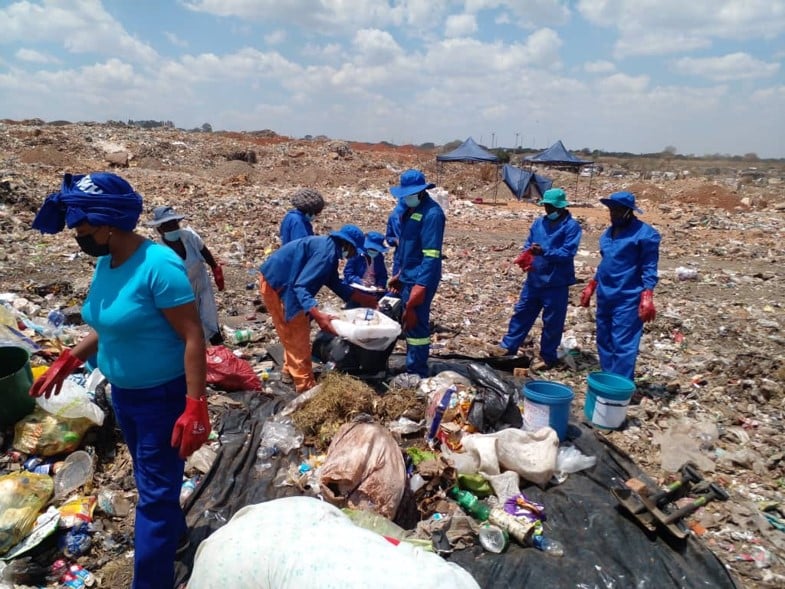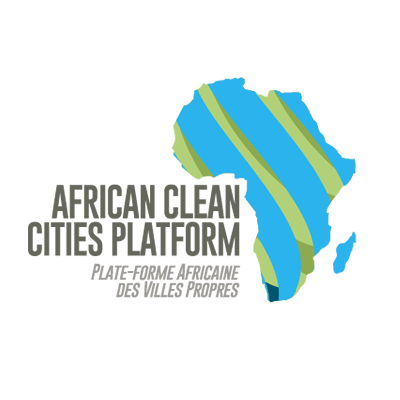WaCT application in African cities in 2021


A baseline study using the Waste Wise Cities Tool (WaCT) have been conducting in the following 10 African cities from 2021. WaCT enables cities to measure SDG indicator 11.6.1. “Proportion of municipal solid waste collected and managed in controlled facilities out of total municipal waste generated, by cities”, and other waste-related SDG indicators such as 12.3, 12.5, 14.1. The seven steps of WaCT provide data on MSW generation and composition, city recovery rate, operational level of control of the recovery and disposal facilities, city plastic leakage, etc. The results for each city can be found below;
- Sousse, Tunisia
- Alexandria, Egypt
- Dakar, Senegal
- Cape Coast, Ghana
- Bukavu, Democratic Republic of Congo
- Harare, Zimbabwe
- Lagos, Nigeria*
- Dar es Salaam, Tanzania*
- Addis Ababa, Ethiopia**
- Hawassa, Ethiopia**
*Conducted in collaboration with the Global Partnership on Marine Litter (GPML)
**Conducted in collaboration with Alliance to End Plastic Waste (AEPW)
The WaCT surveys revealed a number of challenges in each city: in Bukavu, it was found that the collection rate is only 7% and a lot of waste are remaining in the environment. The operational control level of the final disposal sites is "No Control", except one “Limited Control”. As a result, the SDG indicator 11.6.1. in Bukavu can be said 0%. Based on these results, a detailed analysis has been carried out and a project proposal is currently being prepared in consultation with the City of Bukavu.
Lagos is a Nigerian city, the largest city in the country on the gulf coast, and Lagos has recorded a large amount of plastic leakage (about 18 kg/capita/ year) through the WaCT survey. This can be attributed to the fact that about 40% of the waste generated by low-income groups is plastic, much of it single-use plastics such as a package for drinking water.
ACCP promotes the implementation of WaCT in its member cities. As illustrated by the examples above, WaCT allows the cities to identify evidence-based challenges, as well as policy and infrastructure investment gaps. Based on these WaCT results and analysis, ACCP provides recommendations to improve city's waste management system. In next coming years, ACCP will formulate projects and raise funds for implementations.
